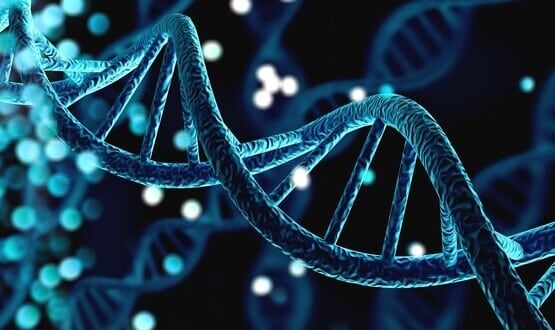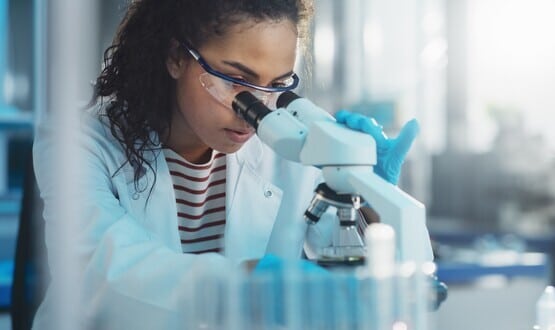Estonian Biobank selects PacBio for whole genome sequencing
- 3 April 2024

Ten thousand participants of the Estonian Biobank are to have their entire genomes sequenced, using the latest and most advanced type of sequencing technology from PacBio.
The next phase of the populational health research project will have huge implications for health policy and strategy across Europe and the globe, with the data generated through sequencing used to calculate risk scores for cardiovascular disease and cancer.
The whole human genomes will be sequenced and analysed by the Institute of Genomics at the University of Tartu using the Revio HiFi sequencing system from PacBio. As well as unlocking more diverse data, the system will also enable researchers to analyse complex variations, including repetitive regions and pseudogenes.
Additionally, Revio gives researchers access to the epigenome. This second layer of genomic information is often unexplored yet it has noteworthy implications for oncology.
Lili Milani, head of the Estonian Biobank and professor of pharmacogenomics at the University of Tartu, Estonia, said: “The 10,000 long-read whole genomes will bring a new dimension of insight into the genetics of the Estonian population and push us closer to the Biobank’s goal of realising health benefits for people locally and internationally. We’re particularly excited about the possibilities for researching polygenic risk scores for cardiovascular disease and cancer, as well as predicting patients’ responses to medications based on their genetic makeup.”
The Institute of Genomics has purchased three Revio systems, which will allow them to reach their target of 10,000 genomes in the next two and a half years. The data is expected to drive a new level of understanding about the genetics of cardiovascular disease, mental, reproductive and female health, cancer and rare diseases and treatment outcomes.
The programme has recently announced funding from the European Commission and the Estonian government to help the country adopt personalised medicine at scale and adapt public health systems to the biology of its population.
The Estonian Biobank already holds samples from 20 percent of the country’s adult population – a significant figure given the UK’s Biobank samples represent only 0.7 percent of the UK population.
Up until now the samples for the Estonian Biobank have been genotyped using microarray-based methods. However, data generated using this method are low resolution and have limited scope for detecting complex or unknown variants. They also rely on reference genomes which means results can be biased towards participants from well-represented demographics.
Christian Henry, president and chief executive officer of PacBio, said: “The team chose PacBio HiFi technology over other long- and short-read offerings because of its ability to sequence complete and accurate genomes at competitive economics and scale. This project is yet another example of Revio’s ability to deliver customers a differentiated solution in large, multi-thousand-sample whole genome sequencing projects.”




